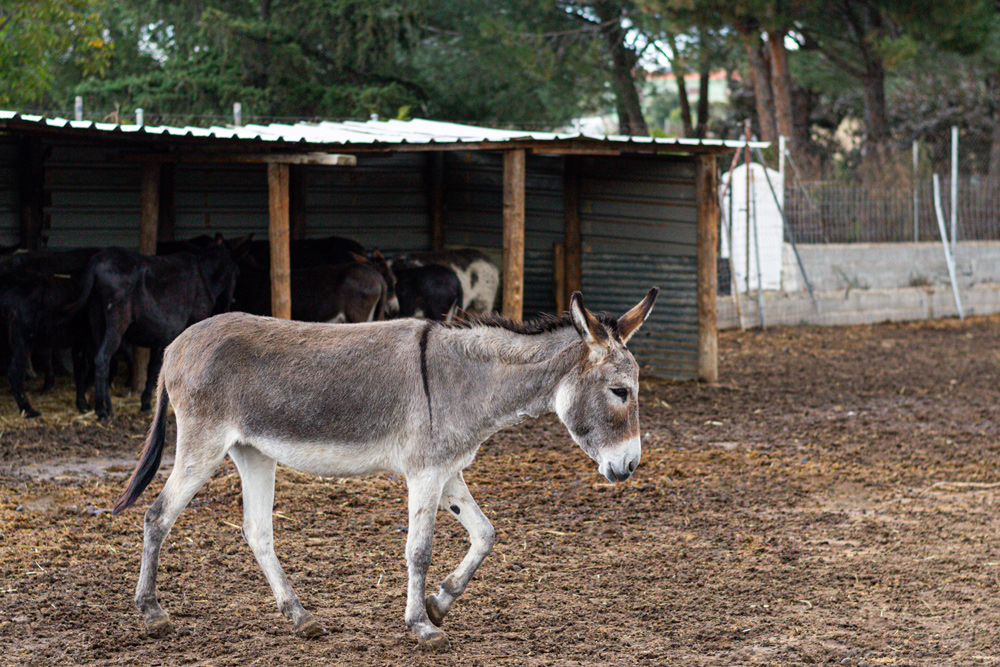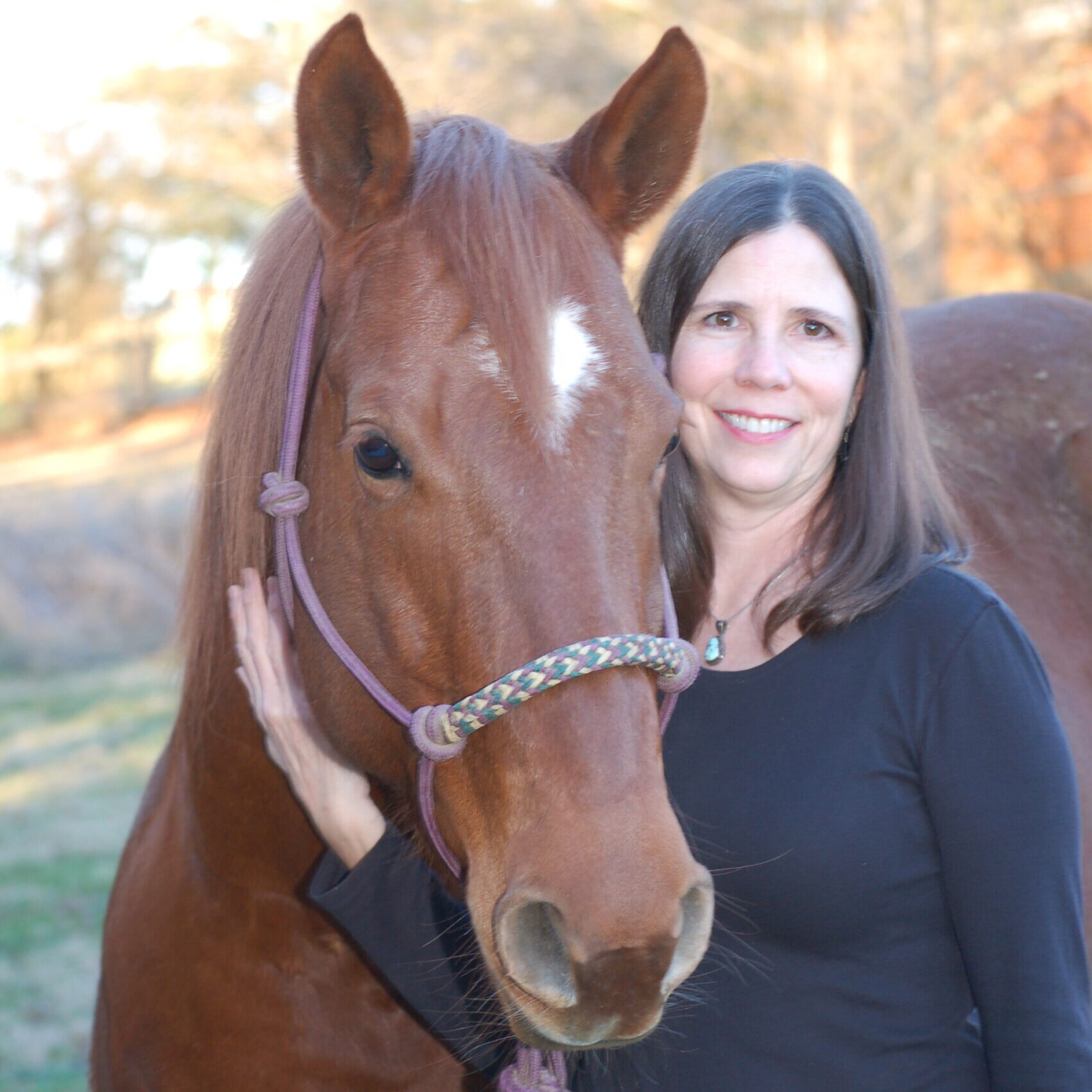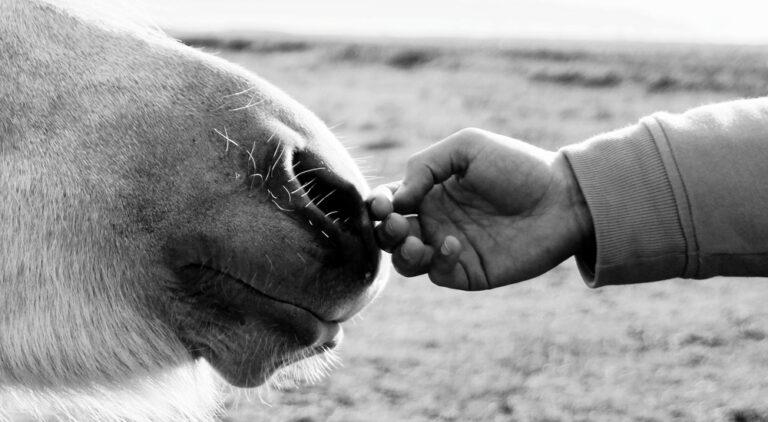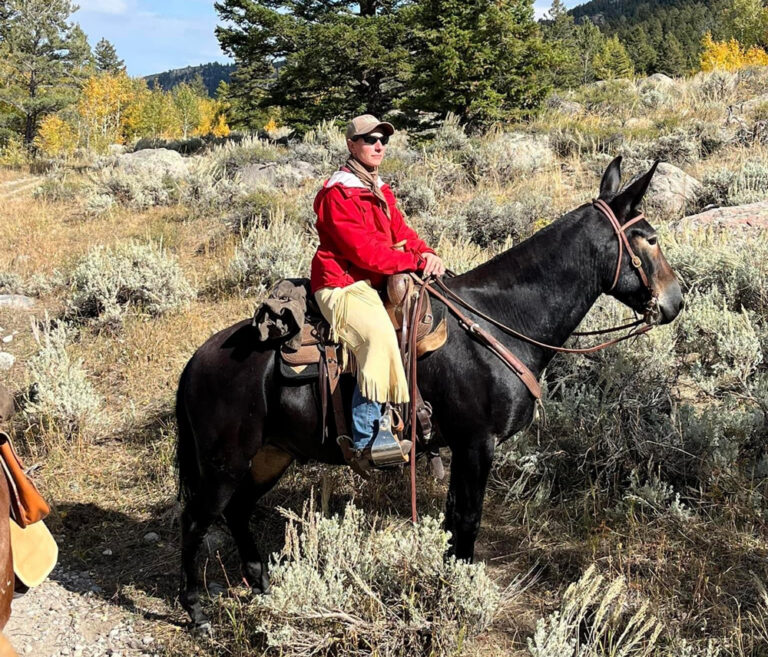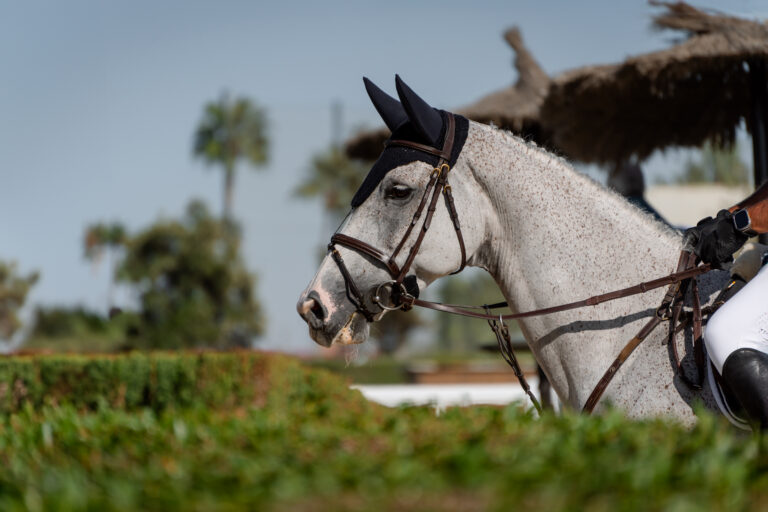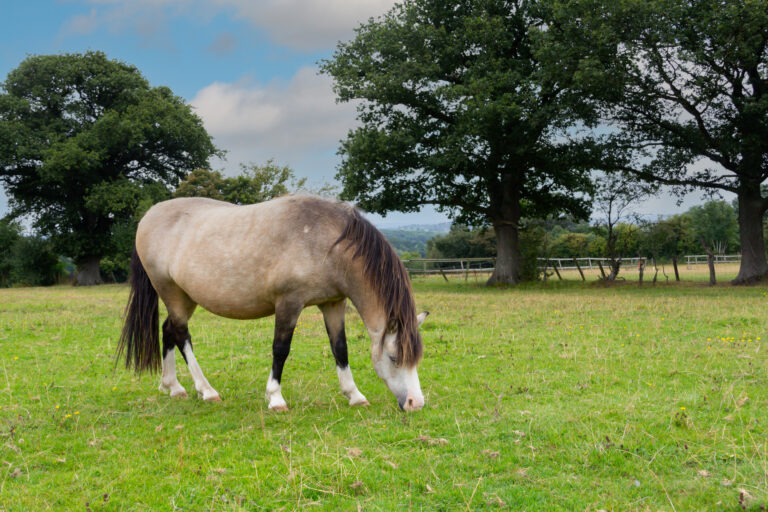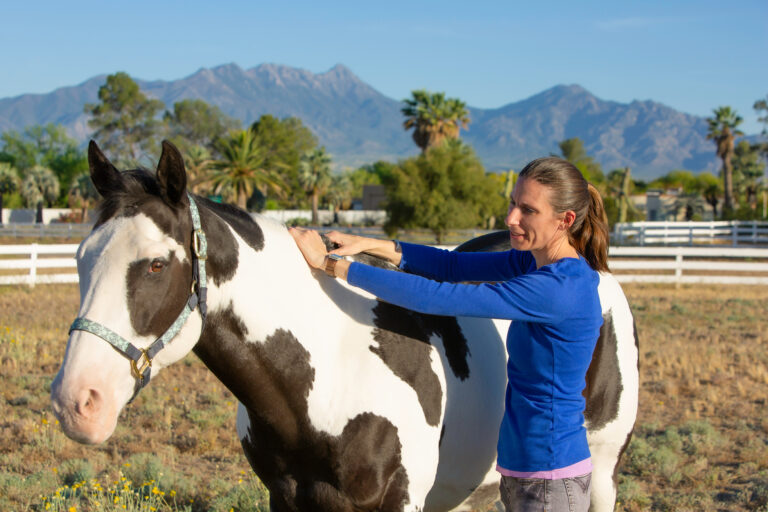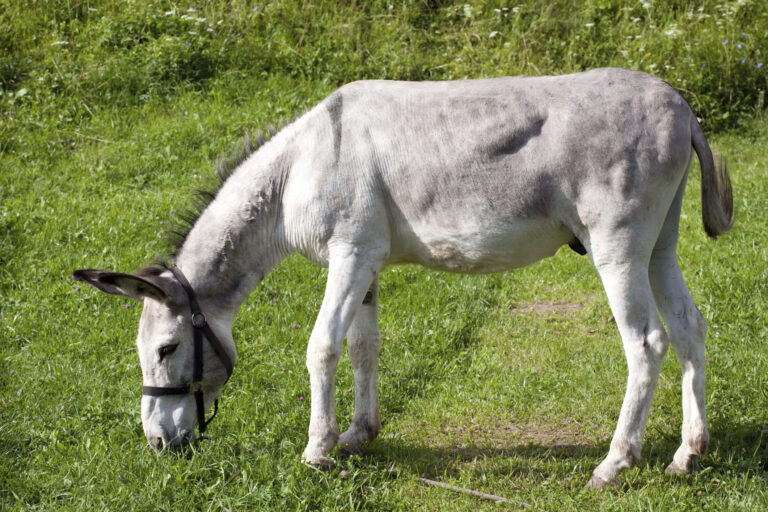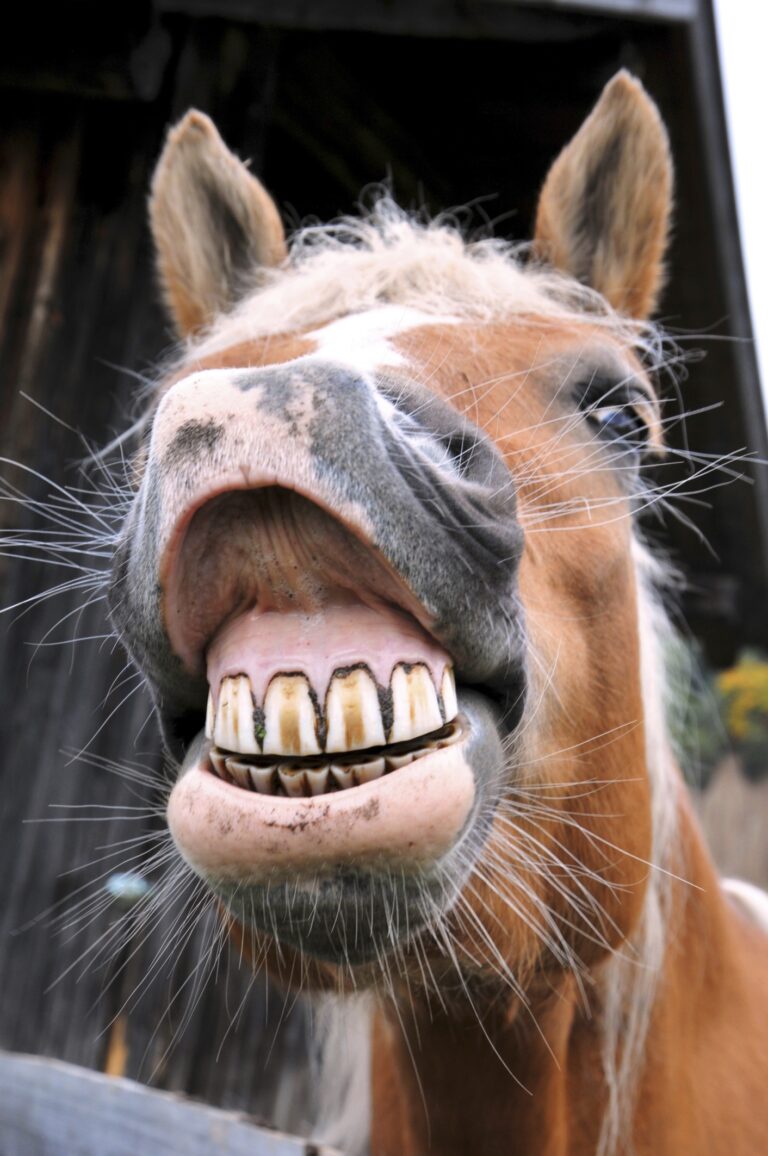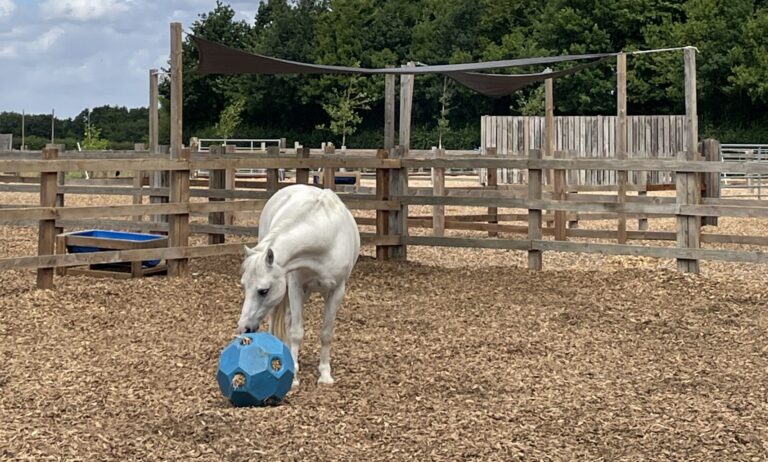Donkeys are becoming more popular as companions in many countries. In this podcast, Dr. Emilie Setlakwe of Tryon Equine Hospital in North Carolina talks to us about caring for donkeys.
Setlakwe deals with donkeys among her regular clients at Tryon. She also works with a non-profit named The Sanctuary at Red Bell Run. That property is a forever home to more than 130 special needs equids from across the United States.
“That is a local non-profit that provides homes to donkeys, horses, and other equids that have been mistreated and need a final place to to be cared for,” she explained. “And that is a big part of what I do every week.”
Differences from Horses
Donkeys are not small horses, Setlakwe emphasized. “Donkeys and horses are members of the Equidae family,” she explained. “They have differences in terms of their physical characteristics, their temperament, and behavior. We take that into account when we deal with their with their health issues.”
Setlakwe said donkeys have 62 chromosomes and horses have 64. She said asses tend to metabolize medications or drugs differently. That means donkeys sometimes require different dosages compared to horses.
“They can also be better at hiding their diseases,” noted Setlakwe. She said that makes it more challenging for the veterinarian and also for owners. “Donkeys can be quite sick before they actually show their disease,” she said.
Obesity Is an Issue
Setlakwe said many donkeys in North America are obese. “They’re not meant to have very lush grass and very high quality forage,” she explained. “They’re meant to thrive in sort of harsher environments, such as deserts. And horses were more suited to grasslands. Because of this, we tend to see a lot of issues that arise from how we house them.”
She said donkeys have issues with obesity and endocrine disorders such as equine metabolic syndrome. So, she said, it might not be appropriate to house a donkey on a very lush, green pasture.
Other Considerations
Donkeys can live longer than horses—sometimes up to 30 or 40 years old, said Setlakwe. She said routine medical and dental care are a must. This includes foot care.
“I think, in general, they tend to cope less well with extreme weather changes than horses,” said Setlakwe. “They do get cold in the winter, and they can get extremely hot in the summer.”
Owners who have older donkeys need to protect them from the elements, she reminded listeners. “In the winter, you’re going to have to have a proper shelter to keep these donkeys warm. And I feel like the older they get, the more more care they’re going to need, whether it’s blanketing or sometimes at the Red Bell Run Sanctuary, we have socks on their legs to keep them warm.”
Further Content
- My Senior Horse Podcast: Donkeys and Mules. Dr. Amy McLean. MySeniorHorse.com
- Mules and Hinnies, a Scientific Point of View. Dr. Amy McLean. MySeniorHorse.com
- How Long Can a Horse, Donkey, or Mule Live? MySeniorHorse.com
- The Global Trade in Donkey Skins. Dr. Joe Collins. MySeniorHorse.com
- A Guide to Mature Donkey Castration. Dr. Joe Collins. MySeniorHorse.com
- Donkey Body Condition Score. Dr. Faith Burden. MySeniorHorse.com
- Donkeys Expose Companion Horses to Lungworms. Kimberly S. Brown with Dr. Nathan Voris. MySeniorHorse.com
-
View all posts
Kimberly S. Brown is an award-winning writer and publisher. She is the Editorial Director for My Senior Horse. Brown spent 10 years at Equine Network, parent company of My Senior Horse. Prior to that she worked for three years in equine nutrition after she retired from nearly 30 years working at The Blood-Horse. Brown spent the last 15 years of her time at that organization creating and developing The Horse and TheHorse.com.

